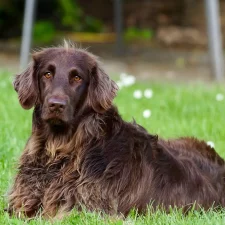March is Pet Poison Prevention Awareness Month. This is one cause that could definitely use some support. Poisoning incidents are far too common among our animal companions. This is one area where a slight oversight can result in devastating consequences, so it’s important to be aware of the potential dangers lurking in your home. A London, ON vet lists some key ones below.
Essential Oils
Essential oils are often promoted as homeopathic, which may not accurately represent the dangers they may pose to pets. Cats, for instance, are particularly sensitive to toxins. Fluffy could develop an upset stomach from ingesting even a little. Larger amounts could lead to nervous system and even liver damage. Different types of oils have different levels of risk, so it’s worth doing some research. Ask your vet for more information.
Cleaning Agents
Any type of household cleaning agent should be considered dangerous. Even those that seem harmless could be unsafe. Fabric softeners, for instance, contain detergents that can cause drooling, vomiting, and ulcers if chewed or eaten. Other examples include things like drain cleaners, spray mop solution, paint, turpentine, grout and other sealants, and toilet cleaner. Keep in mind that pets don’t have to eat or drink these toxins to ingest them. Your furry friend can still ingest these substances by walking through a puddle or getting even small amounts spilled on their fur, as they can then swallow the chemical when licking themselves clean.
Plants
Many popular plants are not safe for Fido and Fluffy. Some of the more toxic ones include oleanders, tulips, philodendrons, rhododendrons, daffodils, and azaleas. Lilies are especially toxic to cats, while sago palms pose a huge threat to dogs. Check the ASPCA site here for more information.
Lawn/Garden Products
Pesticides, herbicides, fungicides, fertilizers, and rodenticides all contain toxic substances that are unsafe for our furry companions to ingest. Keep your pet away from areas you are treating. After applying products to your yard, give it a good soaking, so the chemicals go down into the soil. We would also advise opting for pet-safe, non-toxic products as much as possible.
Tips
If you suspect that your pet has ingested something unsafe, don’t wait to see what happens. Contact your vet or a pet poison control hotline right away!
Do you have questions about your pet’s health or care? Contact us, your London, ON animal clinic, today!






